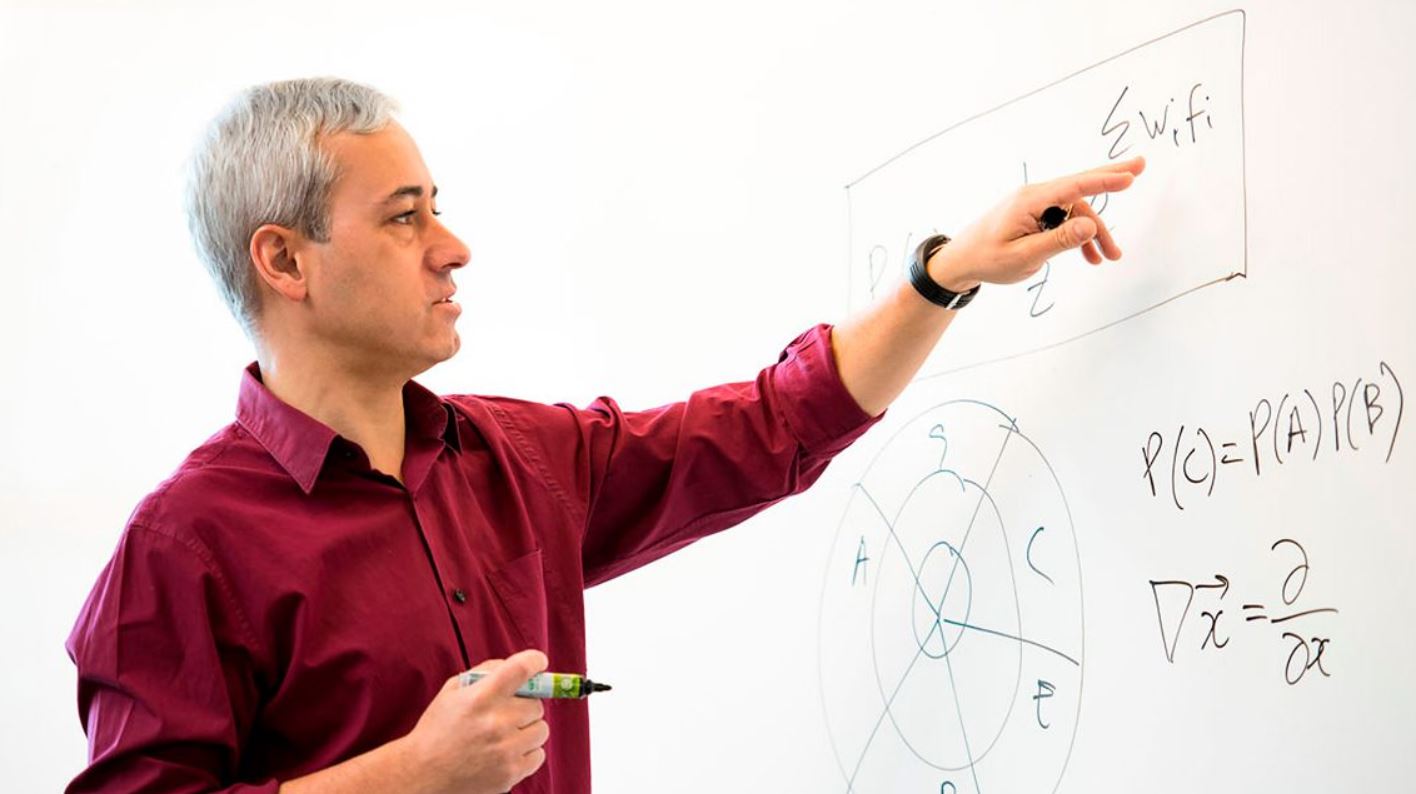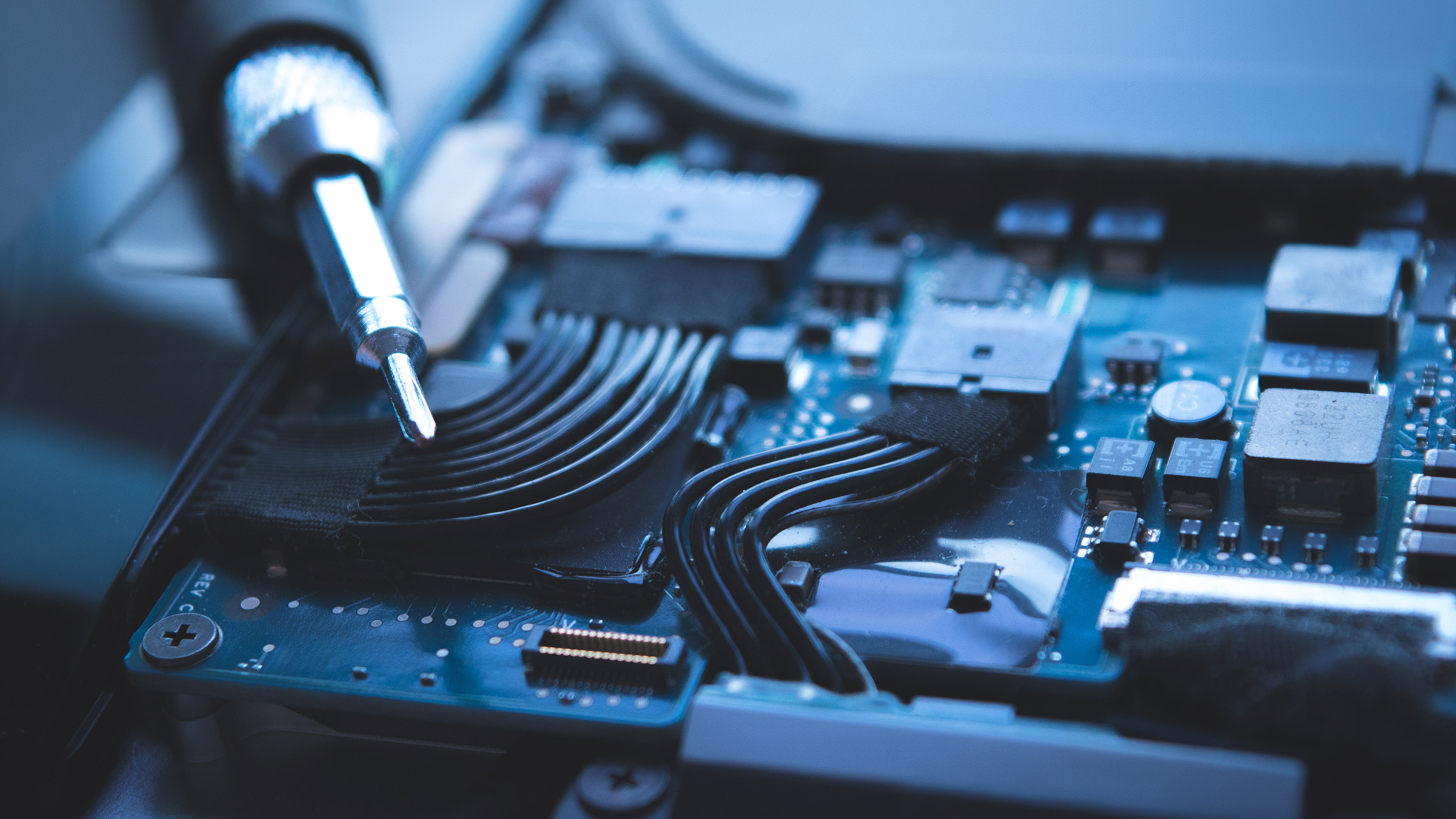Alumnus Pedro Domingos wins McCarthy Award

Professor Pedro Domingos, alumnus of Electrical and Computer Engineeing at Técnico, and Professor at Washigton University, received the John McCarthy Award by the International Joint Conferences on Artificial Intelligence (IJCAI). The award is named for John McCarthy, an early pioneer of AI, and is intended to recognise researchers who have made significant contributions to the advancement of artificial intelligence.
“I am happy and grateful to everyone who made this possible: students, colleagues, family, friends, the institutions that funded my research and the AI community”, he shares.
Professor Pedro Domingos focuses on ways to enable computers to discover new knowledge, learn from experience, and extract meaning from data with no help from people. “One of the most challenging issues for the intelligent system is to effectively handle real-world uncertainties and complexities. Logic is a good basis to deal with complexity, and probability is good to deal with uncertainty”, explains the professor. “Our work has been applied in different fields. For example, it was used to create SIRI, and indirectly the other virtual assistants (Google Assistant, Cortana, etc.)”, he adds.
Professor Pedro Domingos has authored more than 200 technical papers. His book titled “The Master Algorithm: How the Quest for the Ultimate Learning Machine Will Remake Our World” has been translated into different languages and has caught the attention of Bill Gates, founder of Microsoft, and Eric Schmidt, Google’s CEO.
In 2018, the Técnico alumnus led the D.E. Shaw Machine Learning Group, which brought a larger projection and new challenges to his research. “Machine learning is making significant inroads in the financial services. However, predicting the evolution of financial market is quite difficult, so this is an interesting challenge”, he says.
Professor Pedro Domingos will be formally recognised with the John McCarthy Award at IJCAI-19 in Macao, China next month.
At our request, the Técnico alumnus, told us “I will thank all those who helped me in this adventure and I will also say something about how much has AI technology progressed – namely the difficulties that my research has helped to solve – and the future of AI”. According to professor Pedro Domingos, “AI is currently in a phase of rapid progress and advancement, and there will be great impact in the most diverse areas”. “There is still a long way to go before machines could think and, in the long run, progress will depend on solving very difficult questions such as how intelligence works. So it will all depend on researchers’ creativity”, he added.
